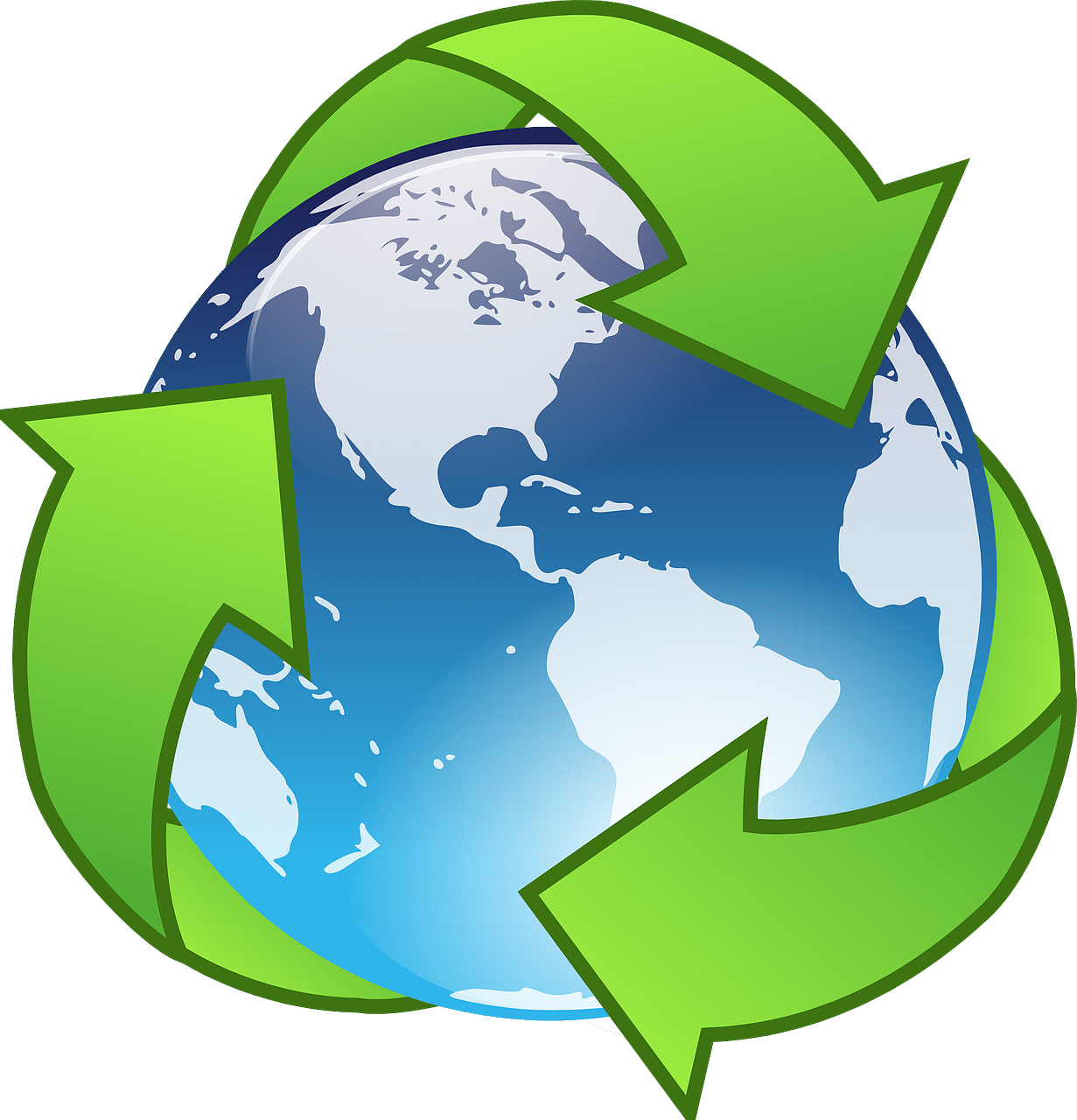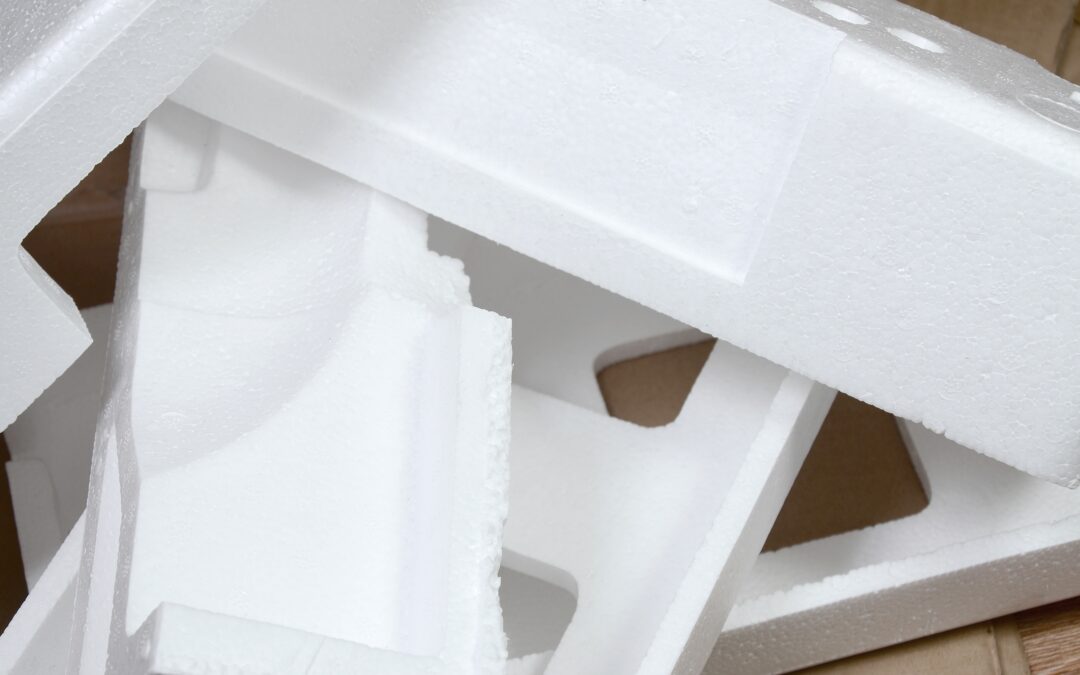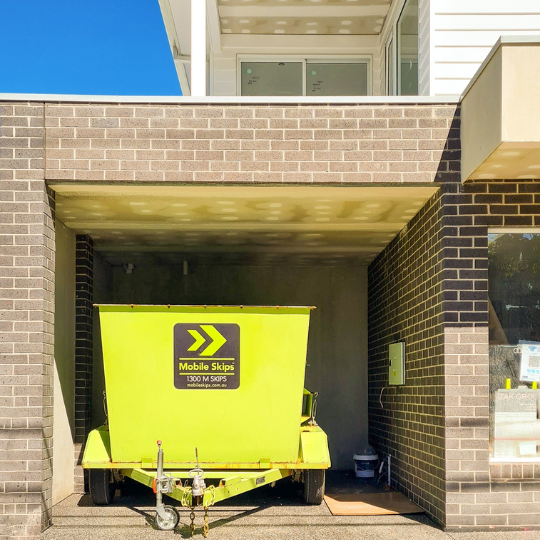Waste will increase as long as the population increases. The only way to handle the alarming problem is proper waste management. Unlike in the early times, waste can be categorised into types. We get biowastes as one option which can be reused as fuels or fertilizers. On the other hand, factories take chemical wastes for Recycling – one of the wisest ways of balancing the ecosystem.
The increasing waste of time is a valid problem. If not dealt with rightly, the consequences can get worse.
Here are some serious challenges that improper waste management can lead to.
Soil contamination
Plastic is one major issue that the entire world is dealing with in this century. Other waste materials like glass, metal, paper, foil, along with plastic, is responsible for filling up lands contaminating the ground.
For example, plastic bottles release DEHA that is a carcinogen causing internal troubles to the body. Your liver, reproductive system can get affected due to DEHA causing loss of weight.
Other elements like the ink in newspapers or containers mix with the ground and increase toxicity.
Air contamination
We have mobile apps that show us the quality of the surrounding air. But in reality, it is a global problem that is not restricted to a specific locality.
All types of trash like oil, bleach, acid can deteriorate the air quality for a prolonged period. These chemicals build up hazards over time and deplete the ozone layer more. When we breathe this air, it causes health injuries that might be incurable.
Methane Gas from garbage is never disposed of properly. It further damages the Earth’s atmosphere, decaying the ecosystem and igniting the other causes of global warming. These are the two disposal problems that we are indirectly exposed to every day.
To control the negative effects on our health, we can control pollution by adopting a healthy way of Recycling.
What can we Recycle?
All physical substances can be recycled following proper scientific measures. Unfortunately, we cannot recycle plastic bags or bottles. That is why most countries have banned the use of plastic bags, bottles, and containers to keep the waste under control. Instead, they use paper carry bags.
Some companies produce bags made of organic material like jute, leaf extracts, or even paper. The most sustainable measure is to either switch to these options or go for a cloth bag for shopping.
Types of Recycling
The increase in waste led to the rise of categories of Recycling. Plastic wastes are entirely different from the wastes of the Textile or the automobile industry. That is why they can be categorised into the following:
- Paper and Cardboard Waste Recycling
- Metal Recycling
- Electronic Device Waste Recycling
- Wood Recycling
- Glass Recycling
- Inert Waste Recycling
- Cotton and Textile Recycling
The recycling industry is working day and night to improve the stability of the ecosystem with their hard work and dedication.
Advantages of Recycling
Apart from reducing the number of wastes of land, air, and water, Recycling creates jobs. It also conserves the natural resources of the Earth, thereby saving humanity.
Energy Conservation
Earth is the ultimate source of raw materials. We derive the majority of our needs from trees. Recycling the used paper will consume lesser energy than cutting these trees to make new paper. Transporting the new paper also requires a specific amount of energy.
Recycling is the only option where you save both the loss of energy and pollution. The cost of transportation of the new paper from the industry is also saved once we start recycling it.
Extinguish the causes of Global Warming
Learning the cause before working on the effect of something like pollution is the first step towards smart work. Reducing energy consumption can lessen the release of greenhouse gases into the atmosphere.
If the industries start to recycle everything they need in their factories to run, the emission of hazardous gasses in the air will be less. One of the major causes of global warming is the imbalance between cutting trees and factory emissions. If both the causes are acknowledged individually, the effect will kill the biggest problem in today’s world – Global Warming.
Fewer Waste Products on Land
Non-biodegradable products are continuing to fill the lands. They take a longer time to decompose. If we recycle them, the lands will get less filled by new wastes. The common practice to manage non-biodegradable wastes is by adapting – Reduce, Reuse, and Recycle norm.
Recycling these waste products is another beneficial step towards stopping ocean contamination. Once the land is empty of wastes, the chances of the garbage flowing into the sea become less. In the long run, Recycling is also helping preserve the aquatic life of the species.
Save money
Recycling stops the production of a lot of products that are in high demand in society. By recycling them, you give the users what they have used earlier in a brand new format. The cost of using recycled material is also less because their production cost is very less.
When the recycling industry recycles any product on a large scale, it is bound to save you money. Hence, by using recycled products, a business can lower its expenses and bring back innovation than focusing on mass production.
Save the Greenery – Prioritise Health over wealth!
Any industry that does not help the recycling industry is tagged in a negative light. Factories, businesses, and communities need to become responsible for environmental duties. People nowadays are very concerned about nature. But, it is high time to execute them into actions.
It does not have to be bigger business firms; you can start helping the industry by starting using recycled products today!
Disadvantages of Recycling
Positive comes along with the Negative – the fact did not spare Recycling either! Besides the advantages of Recycling, few negatives can be curbed.
Recycling the types of waste in different industries
This might sound optimistic as it would increase job vacancies. But, more number factories, more will be the waste in the atmosphere. It could result in more energy consumption for sorting, storing, and cleaning industrial waste materials.
It will also increase the cost of transportation of the goods the industry produces. This would involve more transport system which can further lead to air pollution.
Deteriorating the number of quality jobs
The population will increase, and so will waste. If the waste management industry keeps on developing, it will need manpower to run them. This can lead to a lack of quality jobs in the coming years. And, when a mass works under the same roof, with the same responsibility, the income rate goes below the average. This can give rise to a new problem among people.
Compromising product quality
Recycling products are not always of good quality. For example, the paper is recycled using bleach. It involves harsh chemicals that cause paper thinning. Using these harsh chemical equipment is also bad for health. Apart from that, the quality of the product will also not be as good as the new ones.
More Buy-in Globally!
The majority of the population does not agree with using recycled goods.
This is a huge roadblock in creating recycled products on a large scale. In homes, parks, and offices, Recycling can be done very easily as it includes like-minded people. It starts by separating the wastes into different bins to haul them for reuse. But, this measure is very less to the massive amount of waste produced every day and the rates of deforestation.
Another financial cost of recycling is that any government has to set up new protocols to make it happen. That requires a high budget where the net result is not guaranteed.
Summing up
From contamination to conservation, this write-up depicts what we should opt for and what we must avoid. Hopefully, the next time you head towards a heated debate on recycling, you will have your share of interest to place on the table.
Now that you know about the pros and cons of recycling, make sure you make the correct call.
Summary
The advantages of Recycling are indeed very appreciable. They are common and predictable. It reduces our energy consumption widely on a global scale. It also reduces the pollution level on land and air; the rate of resource depletion is also reduced. Overall, recycling products help in fighting half of the problems of Global Warming.
The question is not about recycling waste. It is about the worth of the investment and involvement, where the disadvantages creep in.
We have learned how Recycling starts up bigger factories as the number of wastes is high. That will lead to huge expenditure and factory emulsions. These drawbacks could still have to be considered if the long-term effect of Recycling was fruitful.
What we can do in recent times is preach the right than chasing the wrong. Recycling has benefits, there is no doubt about that. To preach the results of Recycling, the mass needs to accept the positive impact of the process. It is about saving the Earth – Where do you stand on this problem?






